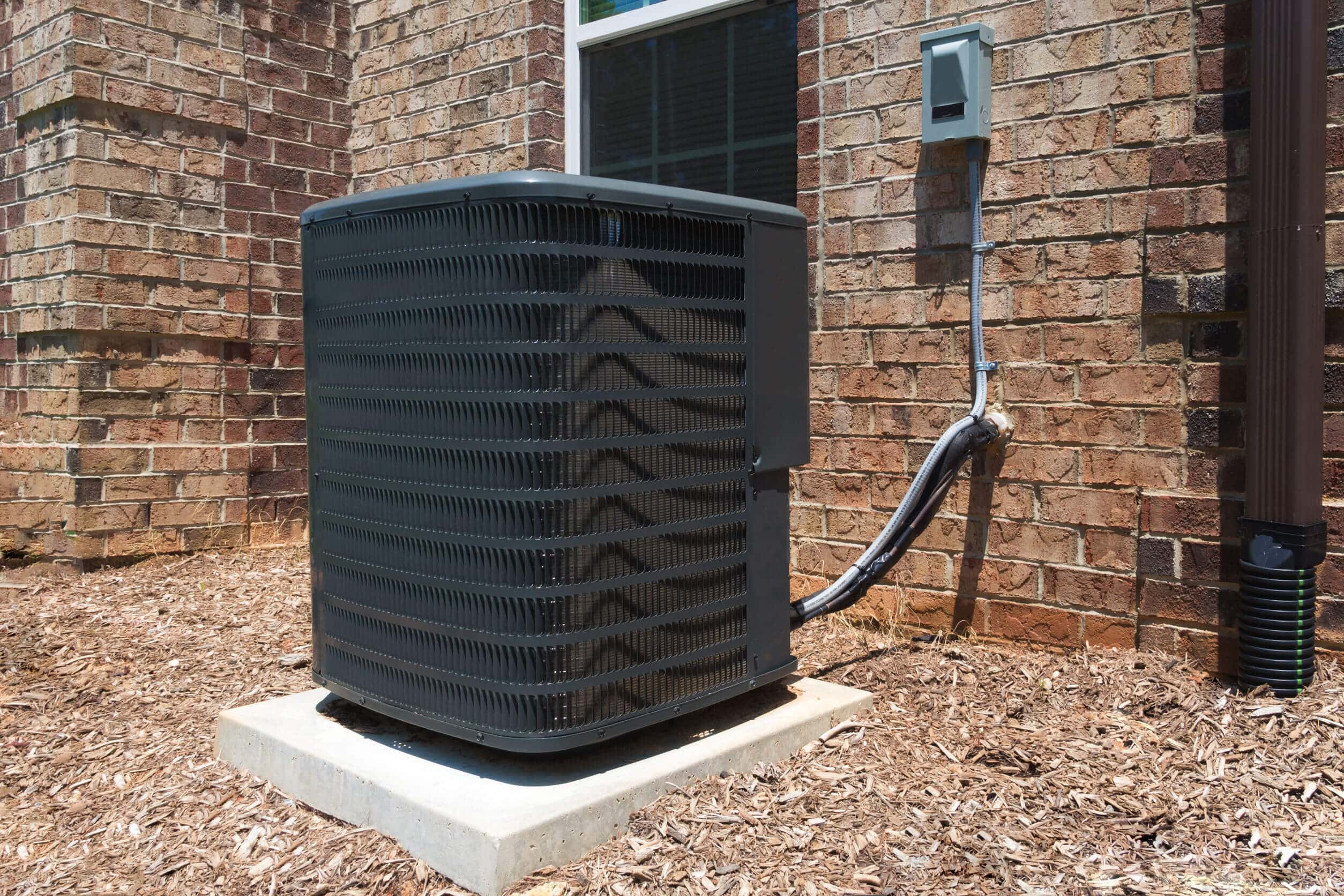

Whether you’re buying a new air conditioner or getting an upgrade, the SEER rating is one you are likely to see mentioned. SEER – Seasonal Energy Efficient Ratio – is a measurement of the amount of cooling power the air conditioner produces with a single unit of energy being put into it.
Manufacturers provide this information when they sell the system. To do so, they compare the cooling output to the number of BTUs (British thermal units) and how this relates to the amount of energy that is being used per watt-hours.
What’s Important Is Understanding Why This Number Matters
By using this calculation, it’s possible for the manufacturer and the consumer, to determine how efficient the system is. When a system has a high SEER rating, there are higher upfront costs for property owners. Higher SEERs may cost more, but they are using a reduced amount of energy. That means your energy bills will be lower.
SEER can also tell you how environmentally-friendly your system is. When you have a SEER rating of 16, for example, that means your system is reducing the amount of greenhouse gasses produced by 15 tons. And, as noted, that means a lot of savings in terms of the actual HVAC’s energy use.
The SEER standards created are set by the U.S. Department of Energy. It sets the minimum requirements for all systems used in homes in the U.S. These standards tend to be higher in areas where the temperatures are higher or humidity is a factor.
What Factors Impact SEER?
The manufacturer contributes significantly to just how efficient the system is. Yet, there are factors that contribute to it based on your home and usage.
The most important of these is just how well maintained the system is. It is not uncommon for property owners to put off or forget about AC maintenance. A few simple steps can minimize the amount of negative impact possible.
- Replace the filter on the system often, generally, one time a month for basic filters.
- Remove all debris from the outdoor condenser unit that could limit airflow.
Recognize that where you live can also play a role in this. For example, those who live in an area where the humidity is higher are likely to spend more on energy bills because the system needs to work harder. Also, the higher the temperature and humidity are, the more wear and tear on the system overall. This can limit the effectiveness of a higher SEER rating.
It’s essential to have an HVAC professional inspect and maintain your air conditioner as well. This can make a big difference in your overall success in managing your system. Always focus on maintenance as a way to reduce the impact on your system.
If you plan to buy a new air conditioner, check out the SEER rating. If it is a bit higher, it will cost you more now. However, it will save you money in the long term. Newer models are more efficient than ever, reducing your environmental impact and boosting your home’s energy efficiency overall.
Get in touch for a free in-home evaluation and see how much more efficient your cooling system can be.
Share this Post
